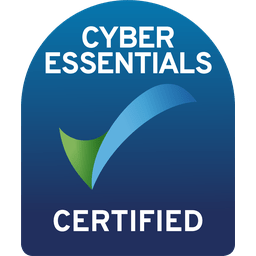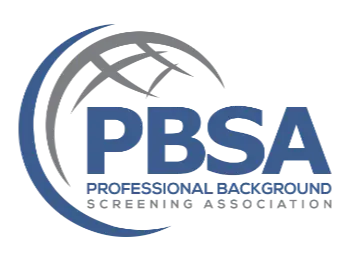We sometimes get asked whether we do, or would, include the ‘Dark Web’ as part of our Social Media Checks. Read on to learn more about what it is and what we consider to be the advantages and drawbacks of including it in our checks.
What is the ‘Dark Web’?
The ‘Dark Web’ is a sort of layer that wraps around the internet, offering a high level of anonymity through advanced encryption techniques. Unlike popular search engines like Google, it isn’t indexed, making it a complex landscape to search. Even for those who are familiar with its structure, exploring its pathways can demand a significant investment of time and effort to find anything meaningful.
Content
It’s estimated that the Dark Web holds a perhaps surprisingly small number of websites, just 30,000 or so. An extensive study conducted by Kings College London has revealed a staggering statistic—57% of it’s content contains illicit material, including the acquisition of sensitive data such as credit card information, narcotics, firearms, counterfeit currency, compromised subscription credentials, and the solicitation of cybercriminal services, encompassing ransomware and phishing expertise.
The remaining 43% is allocated to legitimate activities, providing users with a platform to form anonymous communities and establish connections. Well-known entities such as Facebook, the BBC, and reputable news outlets like the New York Times all have a presence here. Not all of it is Dark.
Why do people use the Dark Web?
There are many reasons why internet users might want to use it, including:
- Online Anonymity: The Dark Web is a great place for people who want to take advantage of a worldwide network, whilst staying anonymous and not leaving a trace of where they’ve been. This is not necessarily for nefarious purposes, many users just want to be anonymous and value their privacy.
- Access to Legitimate Content in Restricted Regions: The Dark Web can be very useful for allowing users to access legitimate content that might otherwise be suppressed or restricted due to geographical or political constraints.
- Safeguarding Browser Data from Foreign Governments: In an era where concerns over data privacy and sovereignty are ever-present, the Dark Web can be used as a barrier against the gaze of foreign governments. By routing internet traffic through encrypted channels, users can prevent attempts by external entities to survey, track, or access their digital footprints, preserving a layer of personal and organisational security.
Who uses the Dark Web?
All sorts of people use the darker side of the web for all sorts of things, some legitimate and some not, including tech-savvy enthusiasts, researchers, activists, and even professionals seeking to navigate this digital labyrinth for legitimate purposes.
It is reported that in the UK only about 2.5% of the connected population engages with the Dark Web on a daily basis (the comparable figure in the US is about 20%). The likelihood of a finding a specific individual engaging in adverse behaviours on the Dark Web that could pose a threat to your organisation is even slimmer. All this means a potentially significant amount of research time for very little or no result.
Conclusion
In summary, it’s clear that integrating the Dark Web into our Social Media Checks could significantly increase the cost of checks, and with little or no benefit. Having said that, there may be some specific circumstances where these additional checks are required. We’re always happy to talk about your requirements and recommend a suitable approach to give you what you need.


